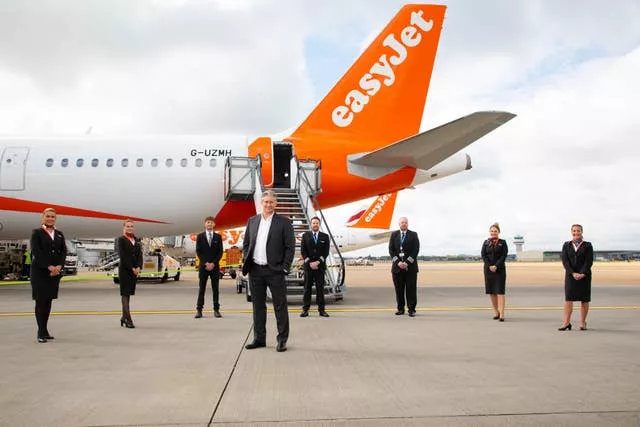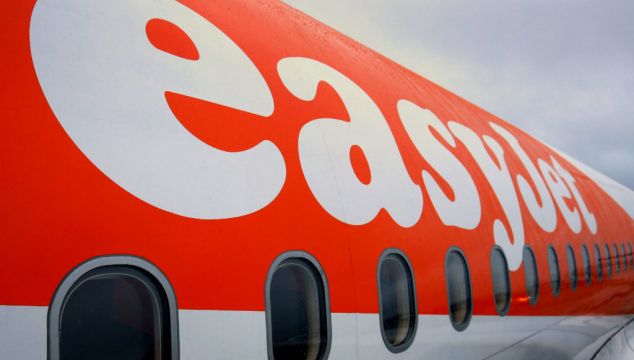EasyJet has revealed quarterly losses after taking a £133 million (€156 million) hit from recent airport disruption, but insisted its operations are getting back to normal following cuts to its flight programme.
The budget airline reported a group headline loss before tax of £114 million (€134 million) for the three months to June 30th, blaming “widespread operational challenges” and flight cancellations due to staff shortages at airports.
The result marked an improvement on the £318 million (€375 million) loss seen a year ago, but comes despite EasyJet’s passenger numbers jumping more than sevenfold to 22 million in the quarter.
EasyJet boss Johan Lundgren said its summer operations had now “normalised” and were “much improved” in July after recent moves by airports to demand a cut in flight programmes.
The carrier said it remains focused on ensuring “smooth operations this summer” and will continue to “fine tune” its schedule, signalling further flight cuts if needed.
It comes after airports such as Heathrow and Gatwick told airlines to cut their flight schedules following scenes of chaos as staff shortages left them struggling to cope with the sudden ramping up of demand for overseas holidays.

Holidaymakers have suffered flight delays and cancellations, alongside lengthy queues as airports have struggled with baggage handling, air traffic control and security.
EasyJet said: “The unprecedented ramp up across the aviation industry, coupled with a tight labour market, has resulted in widespread operational challenges culminating in higher levels of cancellations than normal.”
It saw around five per cent of its flight schedule cancelled in the quarter as a result.
Mr Lundgren added: “We have taken action to build the additional resilience needed this summer and the operation has now normalised.
“Despite the loss this quarter due to the short-term disruption issues, the return to flying at scale has demonstrated that the strategic initiatives launched during the pandemic are delivering now and with more to come.”
The group ran 87 per cent of its pre-pandemic flight schedule in its third quarter to June 30th and expects this to edge up to around 90 per cent in its key summer quarter, which is held back by the airport caps.
It stressed it expects the flight caps and cost hit to be a “one-off this summer”, with schedules and airport operations set to return to normal for next year’s peak season.







